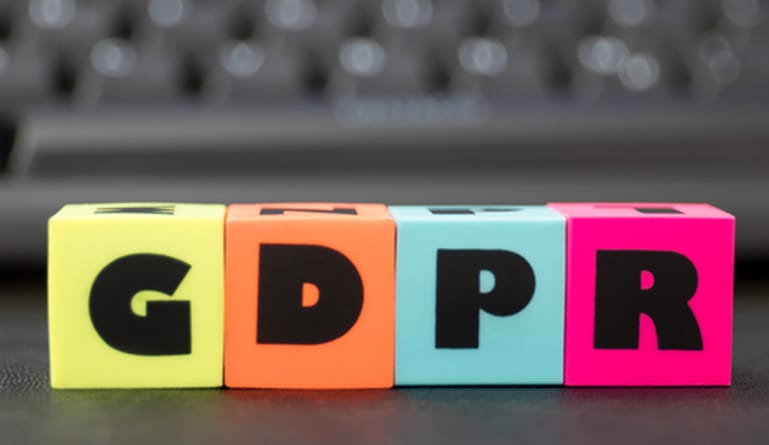Learn how location-based marketing is changing under the GDPR.
GDPR might be changing the way your company collects data but it does not have to change the way you market and advertise to your customers.
The General Data Protection Regulation, GDPR, just went into full effect and many marketers are wondering what the future of location-based marketing will look like. While location-based marketing in GDPR looks a bit different than it did before, all your marketing efforts are not wasted and you will still be able to target customers in a way that makes them happy, increases your conversion rates, and all while still complying with the new law. GDPR data location requirements might have recently changed but if you follow these simple rules, you will stay in compliance with your location-based marketing efforts.
GDPR and the Future of Location-Based Advertising
Consent is Key
Under the new EU compliance law, many are wondering, is location data personal data? While the answer to this question is yes, it is important to remember that if you receive consent from the user, your company is well within their rights to use this data for their marketing purposes. It has always been required for your company to collect the consent of any user whose personal data you will be using but under the new GDPR, consent requirements have become much tougher. Under the new law, there are five other lawful grounds that require you to collect specific consent under new terms. These new terms include:
Unbundled: Each term and condition must be separate from each other.
Opt-In: Customers must check boxes or options themselves. It is now illegal for any company to pre-select boxes or options for customers.
Granular: Any data that will be used for multiple marketing efforts must obtain consent from the user for each effort separately.
Named: The request for the user’s consent must state all organizations and third parties that will be using the data.
Documented: Records must be kept acknowledging when, how, and what the user consented to. These documents are only to be kept if it is necessary for marketing activities and any time a user wishes for the company to discard their data they must do so immediately.
GDPR Advertising
GDPR advertising may require more effort to gain consent from users to collect their personal data but your marketing efforts do not need to be thrown out and any strategy you used before the law went into effect is not necessarily wasted. Location data under GDPR can still be used by companies, if they take the proper measures to ensure that their users have consented, they understand what they’ve consented to, and companies do their due diligence to re-gain consent every two years or so.
Customers love to be offered unique, personal experiences when interacting with a company and many are still willing to share their personal data with organizations to achieve these personal encounters. Another reason GDPR location data should not concern your company is, with many customers still willing to provide their personal data to receive a personalized experience, your organization should not have any desire to keep the data of a user who wishes to no longer share that data with you. These users only take up space of a user who does what to share their personal data with you and who would happily receive targeted marketing from you.
GDPR might be changing the way your company collects data but it does not have to change your marketing efforts. The only big change the GDPR is implementing on your company is the amount of work you put into collecting user data and how careful you are with that data.





